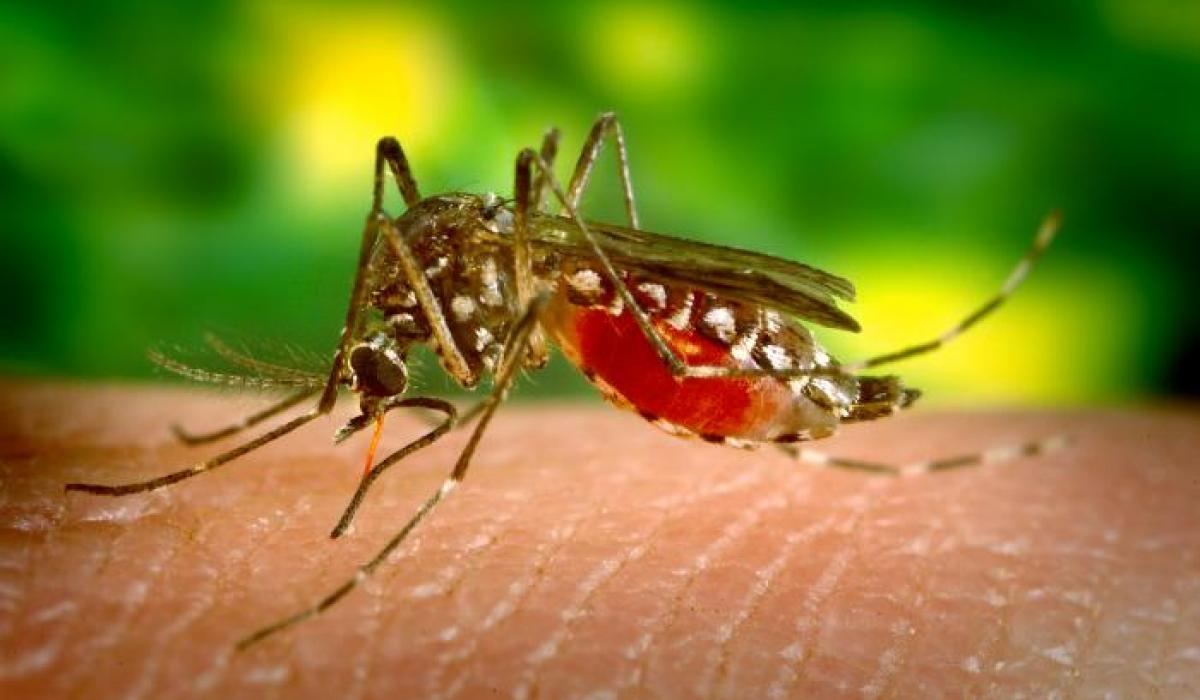
Principal Investigator: Dr. Aneth Tumbo
Project leader/ Coordinator: Dr. Catherine Mkindi
Project Administrator: Priscilla Mlay
Funding Partner: UNESCO-TWAS
Start date: Oct. 1, 2024
End date: June 30, 2025

Impact of human pegivirus on natural immunity to malaria (PEMA)
Ifakara Health Institute is implementing the PEMA project, a two-year study designed to investigate how the human Pegivirus (HPgV) modulates Plasmodium infections, particularly in relation to different malaria outcomes and immune system responses. To achieve its objectives, the study is divided into three key phases: assessing the prevalence, analyzing the molecular epidemiology, and studying the genotype distribution of HPgV strains.
Background
Plasmodium falciparum infections account for the most severe form of malaria in sub-Saharan Africa, disproportionately affecting vulnerable groups, including children under five years of age, pregnant women and immunocompromised individuals, such as those living with HIV.
Malaria often coexists geographically with chronic asymptomatic infections, including viral infections. However, the interplay between such asymptomatic viral infections and malaria pathogenesis or immunity remains poorly understood. Furthermore, mechanisms contributing to viral persistence in these contexts are not well-explored.
The PEMA study aims to deepen our understanding of the role of HPgV in the pathogenesis of malaria, particularly its impact on natural Plasmodium falciparum infections, malaria outcomes, and immune responses.
Overview of the current project
To mainly understand further the role of this virus in malaria pathogenesis by investigating its impact on:
- Natural Plasmodium falciparum infections, including different malaria outcomes and generated immune responses
- The association between HPgV and Pf genotypes
Timeline of project
The study is scheduled to run from October 2024 to June 2025, with a potential extension until September 2026, depending on findings and ongoing needs.
Through its field-based approach, the PEMA study builds upon prior research to provide critical insights into how asymptomatic viral infections influence malaria dynamics. The knowledge will inform better strategies for malaria control and treatment in endemic regions.
